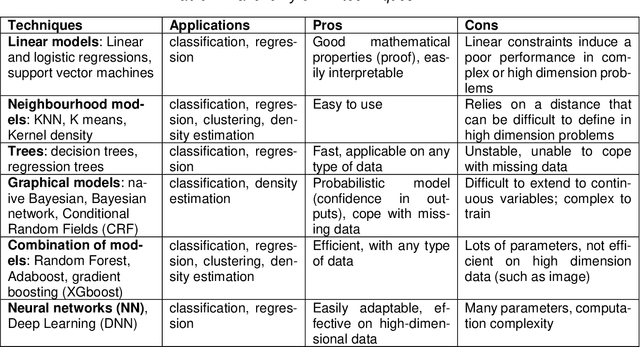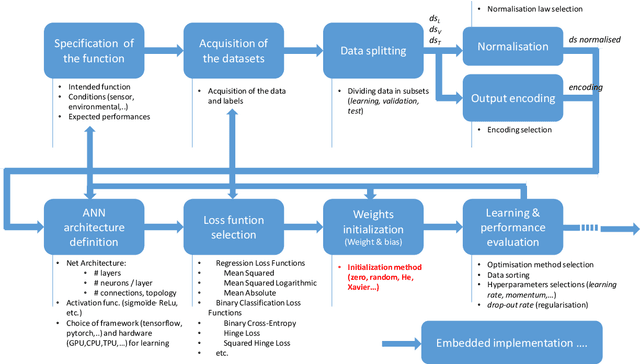Florence De Grancey
Thales
Hybrid MKNF for Aeronautics Applications: Usage and Heuristics
Jan 07, 2026Abstract:The deployment of knowledge representation and reasoning technologies in aeronautics applications presents two main challenges: achieving sufficient expressivity to capture complex domain knowledge, and executing reasoning tasks efficiently while minimizing memory usage and computational overhead. An effective strategy for attaining necessary expressivity involves integrating two fundamental KR concepts: rules and ontologies. This study adopts the well-established KR language Hybrid MKNF owing to its seamless integration of rules and ontologies through its semantics and query answering capabilities. We evaluated Hybrid MKNF to assess its suitability in the aeronautics domain through a concrete case study. We identified additional expressivity features that are crucial for developing aeronautics applications and proposed a set of heuristics to support their integration into Hybrid MKNF framework.
* In Proceedings ICLP 2025, arXiv:2601.00047
Confident Object Detection via Conformal Prediction and Conformal Risk Control: an Application to Railway Signaling
Apr 17, 2023



Abstract:Deploying deep learning models in real-world certified systems requires the ability to provide confidence estimates that accurately reflect their uncertainty. In this paper, we demonstrate the use of the conformal prediction framework to construct reliable and trustworthy predictors for detecting railway signals. Our approach is based on a novel dataset that includes images taken from the perspective of a train operator and state-of-the-art object detectors. We test several conformal approaches and introduce a new method based on conformal risk control. Our findings demonstrate the potential of the conformal prediction framework to evaluate model performance and provide practical guidance for achieving formally guaranteed uncertainty bounds.
Conformal Prediction for Trustworthy Detection of Railway Signals
Jan 26, 2023Abstract:We present an application of conformal prediction, a form of uncertainty quantification with guarantees, to the detection of railway signals. State-of-the-art architectures are tested and the most promising one undergoes the process of conformalization, where a correction is applied to the predicted bounding boxes (i.e. to their height and width) such that they comply with a predefined probability of success. We work with a novel exploratory dataset of images taken from the perspective of a train operator, as a first step to build and validate future trustworthy machine learning models for the detection of railway signals.
White Paper Machine Learning in Certified Systems
Mar 18, 2021



Abstract:Machine Learning (ML) seems to be one of the most promising solution to automate partially or completely some of the complex tasks currently realized by humans, such as driving vehicles, recognizing voice, etc. It is also an opportunity to implement and embed new capabilities out of the reach of classical implementation techniques. However, ML techniques introduce new potential risks. Therefore, they have only been applied in systems where their benefits are considered worth the increase of risk. In practice, ML techniques raise multiple challenges that could prevent their use in systems submitted to certification constraints. But what are the actual challenges? Can they be overcome by selecting appropriate ML techniques, or by adopting new engineering or certification practices? These are some of the questions addressed by the ML Certification 3 Workgroup (WG) set-up by the Institut de Recherche Technologique Saint Exup\'ery de Toulouse (IRT), as part of the DEEL Project.
 Add to Chrome
Add to Chrome Add to Firefox
Add to Firefox Add to Edge
Add to Edge